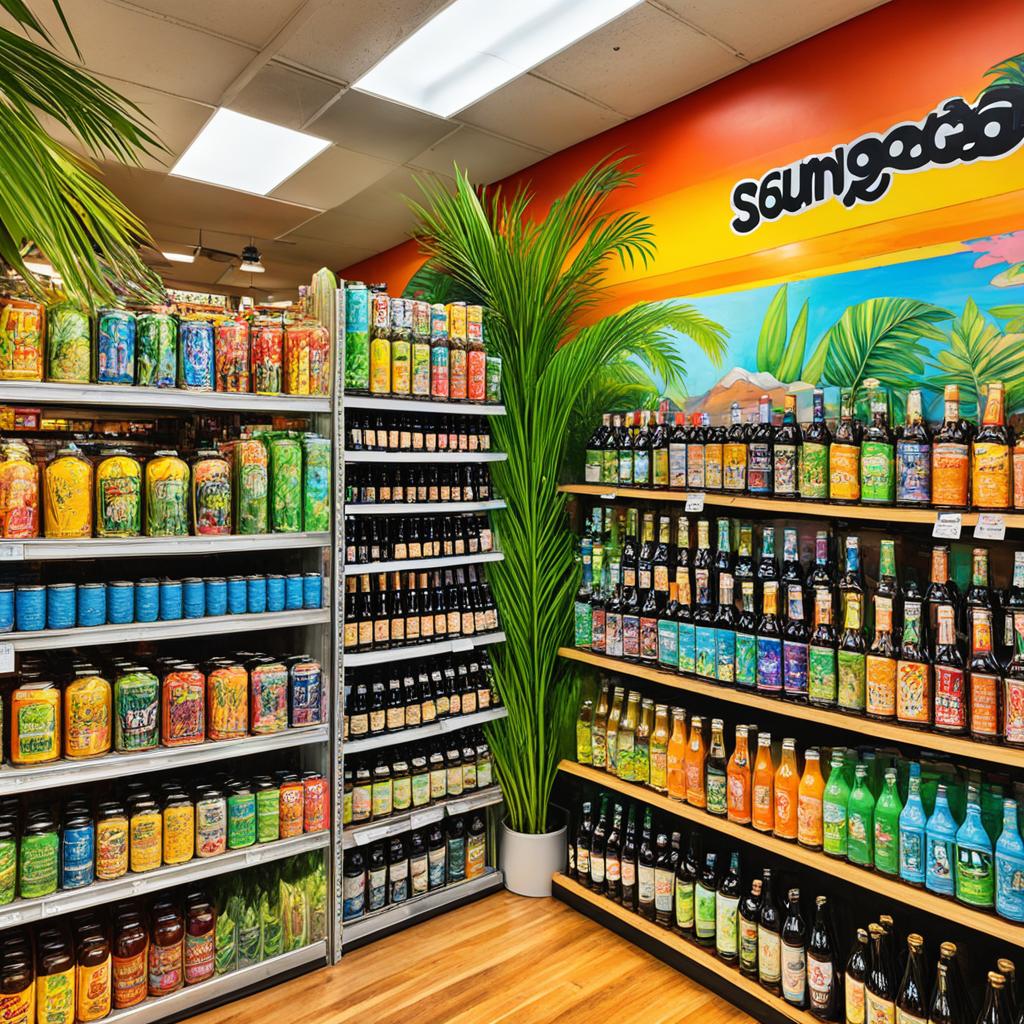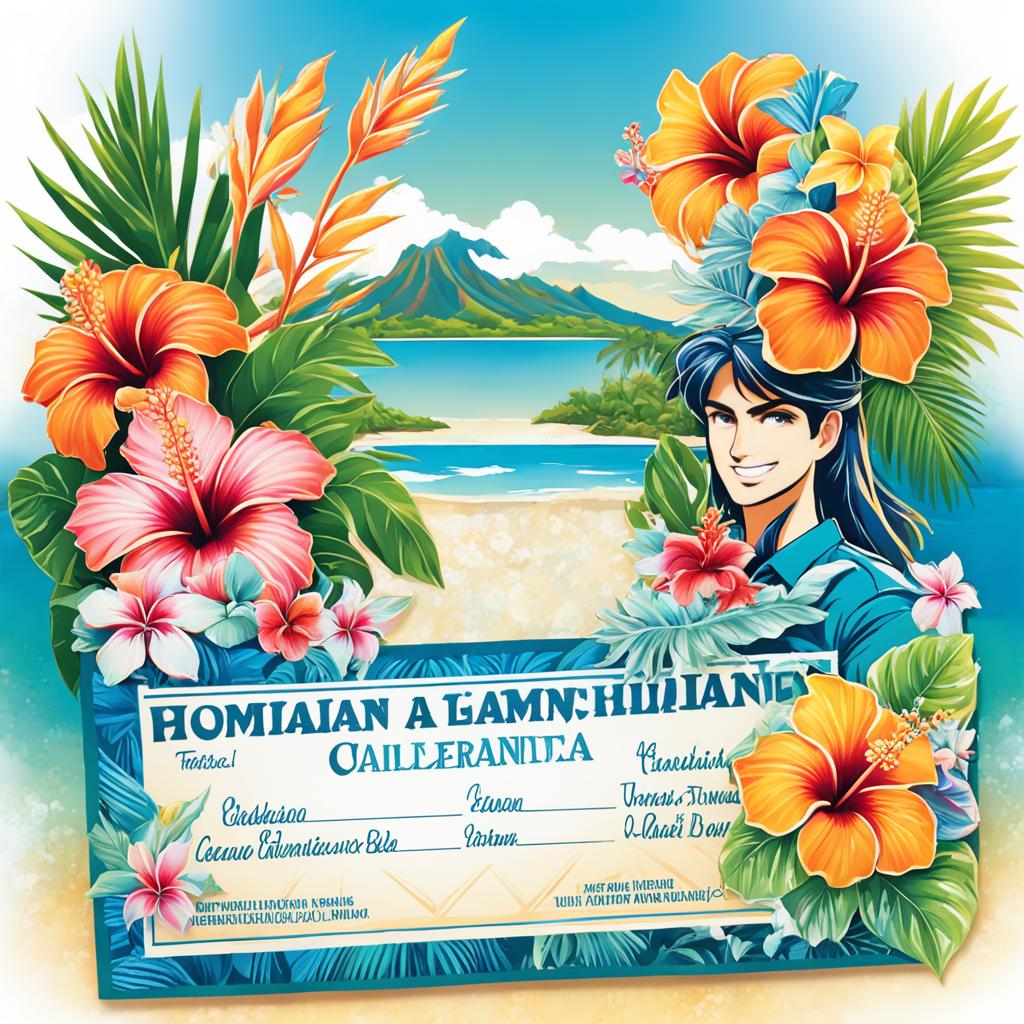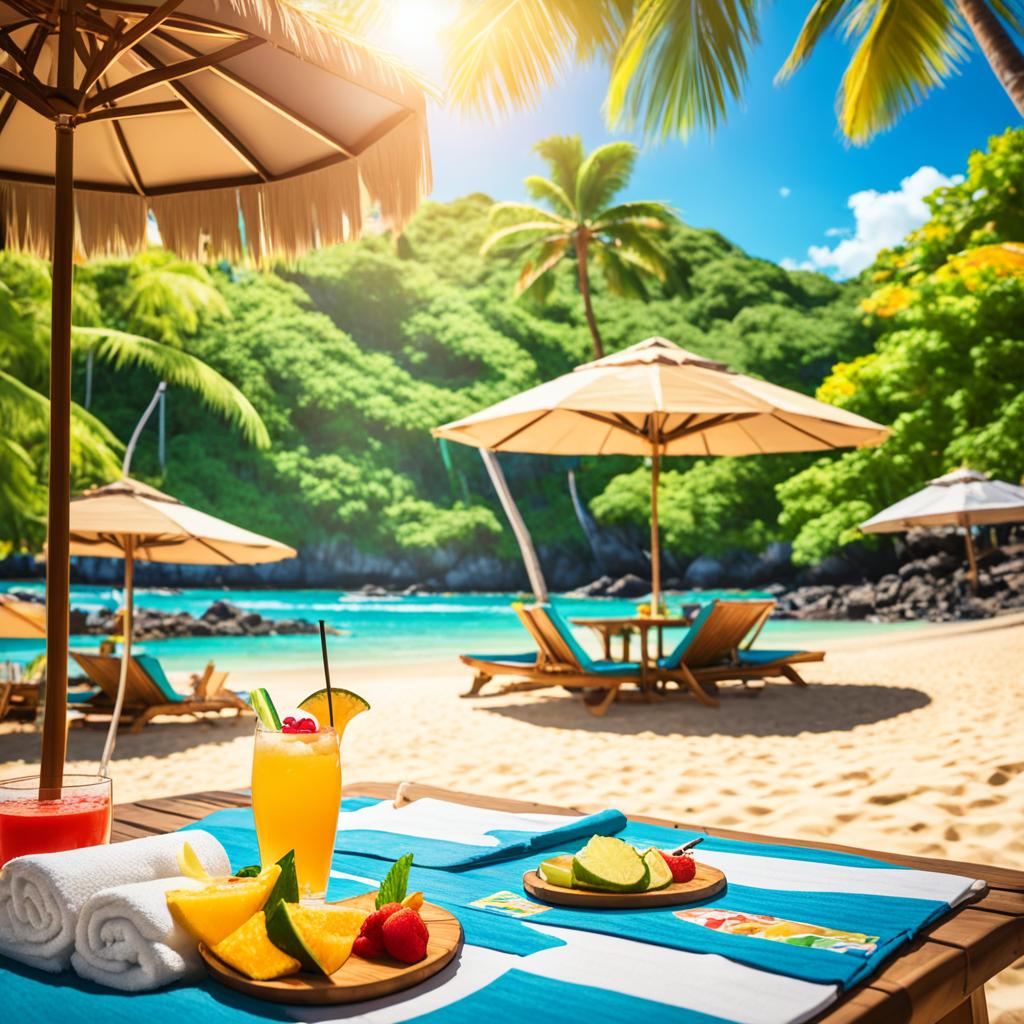Have you ever wondered about the specific laws and regulations surrounding the purchase of alcohol in Hawaii? Are you curious about the legal age for drinking and serving alcohol in the state? Well, look no further because we have all the answers for you! In this article, we will dive into the details of when and where you can buy alcohol in Hawaii, as well as explore important information about alcohol laws in the state. Whether you’re a business owner or an individual looking to enjoy a refreshing drink, this article will provide you with the knowledge you need.
Let’s start by uncovering the hours of sale for alcohol in different establishments across the state. From retail stores to grocery stores and convenience stores, we’ll explore the various options available to you. Did you know that the operating hours may vary depending on the county and the establishment’s license? It’s essential to stay informed to make sure you don’t miss out on buying your favorite beverage.
But it’s not just about buying alcohol. Knowing the legal age for drinking and serving alcohol in Hawaii is crucial. Is it the same as in other states? Can minors possess alcohol in certain situations? Prepare to have your questions answered as we dive into the specifics of the legal drinking age and the restrictions that apply to minors.
Open container laws and the penalties for driving under the influence (DUI) are also important topics we’ll address. Are you aware of the rules regarding open containers of alcohol in vehicles? Plus, discover the blood alcohol content (BAC) limits for different age groups and the consequences you may face if you’re caught driving under the influence. It’s crucial to stay informed and make responsible choices.
Intrigued? Ready to uncover the fascinating world of alcohol laws in Hawaii? Keep reading as we provide you with all the information you need to navigate the purchase, consumption, and legal aspects of alcohol in the Aloha State.
Alcohol Consumption Trends in Hawaii

Over the past five years in Hawaii, the consumption of alcoholic beverages has experienced interesting shifts. Analyzing the data, we can observe a positive growth rate in spirits consumption, with a +1.06% compound annual growth rate (CAGR). Wine consumption has also shown growth, with a +1.21% CAGR. However, beer consumption has seen a slight decline with a -0.09% CAGR.
The following table illustrates the volume sales of different spirit categories, wine categories, and beer categories in Hawaii:
| Category | Volume Sales |
|---|---|
| Spirits | XX million liters |
| Wine | XX million liters |
| Beer | XX million liters |
This data provides valuable insights into the alcohol consumption trends in Hawaii, allowing stakeholders to make informed decisions based on consumer preferences and market dynamics.
Where to Buy Alcohol in Hawaii

Looking for a place to purchase alcohol in Hawaii? You’re in luck! The state offers a variety of options, including retail stores, grocery stores, and convenience stores where you can find a wide selection of beer, wine, and spirits.
These establishments typically operate until 11 p.m., allowing you ample time to find your favorite alcohol products. However, it’s important to note that the hours of sale may vary depending on the county and the specific establishment’s license. So, it’s always a good idea to check with the individual store for their specific hours of operation.
When it comes to bars and restaurants, alcohol service typically ends at 2 a.m. However, there are some establishments that hold a special “cabaret license,” which allows them to continue serving alcohol until 4 a.m. These late-night venues provide an excellent option if you’re looking to extend your night out.
Whether you prefer browsing the selection at a retail store, grabbing your favorite bottle at a grocery store, or making a quick stop at a convenience store, Hawaii offers a range of options to satisfy your alcohol needs. Just be sure to adhere to the state’s drinking laws and drink responsibly.
Legal Age for Drinking and Serving Alcohol in Hawaii

When it comes to the legal age for drinking and serving alcohol in Hawaii, there are specific regulations in place to ensure the responsible consumption and service of alcoholic beverages.
The drinking age in Hawaii is 21 years old. It is illegal for individuals under the age of 21 to purchase, consume, or possess alcohol, except in certain cases where they are in a private area under the supervision of their parents or legal guardians.
In most counties in Hawaii, individuals who are 18 years old can work as bartenders or serve alcoholic beverages in restaurants. However, they must be under the supervision of someone who is 21 years old or older. It’s important to note that the requirements for obtaining a bartending license may vary depending on the county where the bartender works.
Ensuring that individuals are of legal age to consume and serve alcohol helps to maintain the safety and well-being of both the community and those involved in the hospitality industry.
Bartending License Requirements in Hawaii
If you are interested in pursuing a career as a bartender in Hawaii, it’s crucial to understand the requirements for obtaining a bartending license. While the specific requirements may vary depending on the county, here are some general guidelines:
- Be at least 18 years old
- Complete a bartending training course or program
- Pass an exam on responsible alcohol service and safety
- Submit an application and pay the required fees
- Provide proof of identification and residency
By fulfilling these requirements and obtaining a bartending license, you can demonstrate your knowledge of responsible alcohol service and enhance your opportunities for employment in the hospitality industry.
| Drinking Age | Serving Age | Bartending License Requirement | |
|---|---|---|---|
| Hawaii | 21 | 18* | Yes |
Open Container Laws and DUI Penalties in Hawaii
In Hawaii, it is illegal to have an open container of alcohol in a vehicle, regardless of whether the driver is consuming it or not. If you have opened bottles of alcoholic beverages, they must be securely stored in the trunk of your vehicle or placed behind the rearmost seat if your car doesn’t have a trunk. This regulation aims to ensure safe and responsible transportation by preventing any potential distractions or temptations for the driver.
When it comes to driving under the influence (DUI), Hawaii has strict laws in place. The blood alcohol content (BAC) limit for drivers aged 21 and older is 0.08%. For drivers under the age of 21, the BAC limit is significantly lower, at 0.02%. It is important to note that even a small amount of alcohol can impair judgement and increase the risk of accidents, so driving with any measurable amount of alcohol in your system should always be avoided.
If you are caught driving under the influence in Hawaii, you may face severe penalties. The consequences can include hefty fines, community service, mandatory alcohol education programs, license suspension or revocation, and even jail time. The severity of the penalties depends on various factors such as your age, the circumstances of the offense, and your BAC level at the time of the arrest. It is crucial to understand and abide by the DUI laws to ensure your safety and the safety of others on the road.


